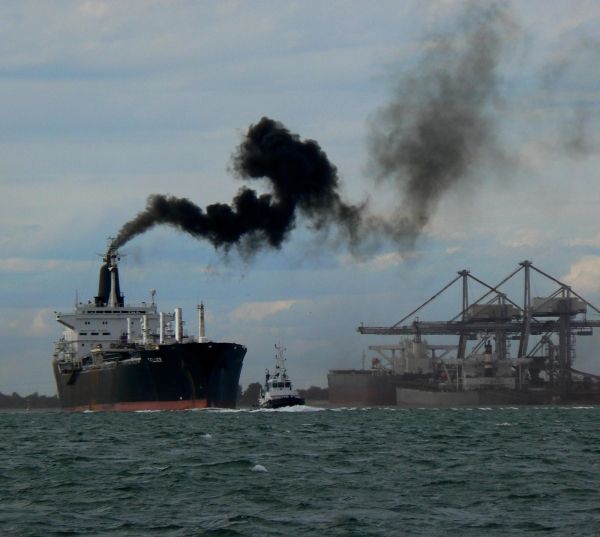Cape Town has come dangerously close to running out of water after 3 years of persistent drought.
Uncategorised
Sulphur 2020 – cutting sulphur oxide emissions
The main type of “bunker” oil for ships is heavy fuel oil, derived as a residue from crude oil distillation. Crude oil contains sulphur which, following combustion in the engine, ends up in ship emissions. Sulphur oxides (SOx) are known to be harmful to human health, causing respiratory symptoms and lung disease. In the atmosphere, SOx can lead to acid rain, which can harm crops, forests and aquatic species, and contributes to the acidification of the oceans.
Limiting SOx emissions from ships will improve air quality and protects the environment.
Text messaging tool may help fight opioid epidemic
A new automated text messaging service may curb opioid abuse and reduce the likelihood of relapse while also decreasing treatment costs, according to researchers at Washington University School of Medicine and Epharmix, a St. Louis-based digital health company.
Scientists find link between increases in local temperature and antibiotic resistance
Over-prescribing has long been thought to increase antibiotic resistance in bacteria. But could much bigger environmental pressures be at play?
While studying the role of climate on the distribution of antibiotic resistance across the geography of the U.S., a multidisciplinary team of epidemiologists from Boston Children’s Hospital found that higher local temperatures and population densities correlate with higher antibiotic resistance in common bacterial strains. Their findings were published today in Nature Climate Change.
New Report Recommends a Nationwide Effort to Better Estimate Methane Emissions
The U.S. should take bold steps to improve measurement, monitoring, and inventories of methane emissions caused by human activities, says a new report from the National Academies of Sciences, Engineering, and Medicine. Better data on methane—a greenhouse gas that contributes to air pollution and threatens public and worker safety—would help inform decisions related to climate, economics, and human health.
Climate Change Will Boost Global Lake Evaporation—with ‘Extreme’ Consequences
Global lake evaporation will increase 16 percent by the end of the century as a consequence of climate change, a new Yale study finds. But the specific mechanisms that will drive that phenomenon are not quite what scientists expected.
While it is commonly believed that lake evaporation is controlled primarily by incoming solar radiation, the researchers used modeling tools to show that other factors — from shorter ice periods to a “reallocation” of heat energy at lake surfaces — are accelerating the loss of lake water into the atmosphere.







